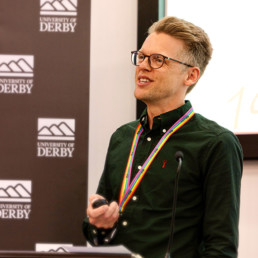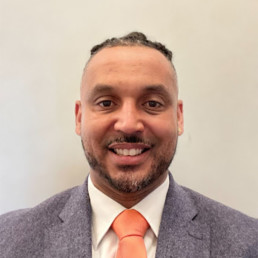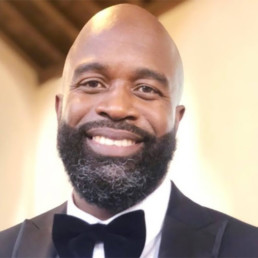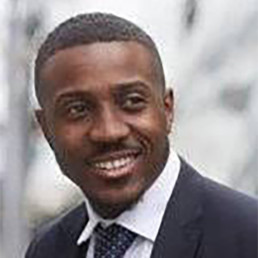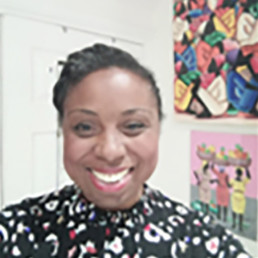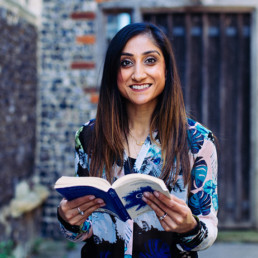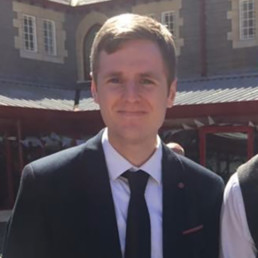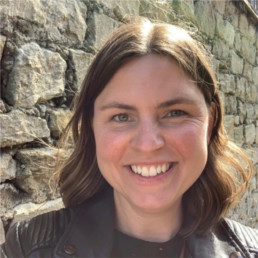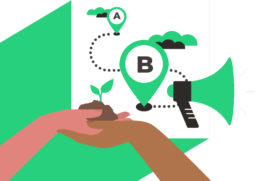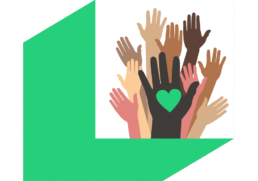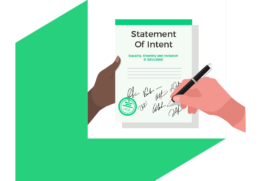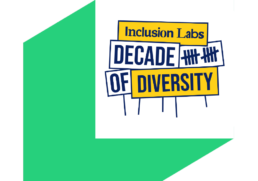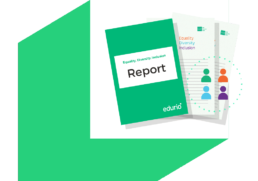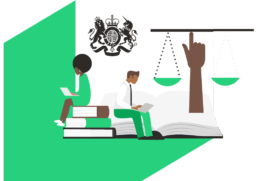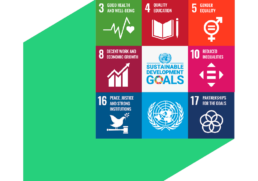The Anne Frank Trust
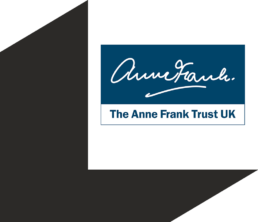
The Anne Frank Trust
The Anne Frank Trust is an education charity that empowers 10-15 year olds to challenge all forms of prejudice, inspired by the life and work of Anne Frank. Our work uniquely combines Holocaust education, peer education and youth empowerment to create lasting positive changes in young people’s behaviours and attitudes towards others. Anne Frank’s life and diary are uniquely powerful as a catalyst for this learning and reflection about prejudice and are at the heart of everything we do. Our vision is a society free from prejudice and we believe young people are the key to achieving this.
Based on our peer education model we have two core in school programmes- History for Today where a group of students are trained to become peer guides with a physical exhibition and our Voices for Equality programme where a group of young people are supported to become voices for equality in their school community. As part of both programmes we also run full class workshops based on different themes including Anti- Semitism, Homophobia, Islamophobia, Gender Expectations, Transphobia and Ableism.
Our Head Office is based in London with delivery staff currently based in London, West Midlands, Yorkshire, North East England, North West England and Scotland.
At the Anne Frank Trust we have an excellent track record of independent evaluation of or programmes. Our long standing partnership working with social psychologists at the University of Kent and our latest impact report ‘Just Being Human’ provide powerful and continuing evidence of the impact of our education programmes on young people’s attitudes, knowledge, empathy and confidence to challenge prejudice. In the year 2020-21 92.5% of the young people we worked with showed progress in their attitudes towards at least one social group different to themselves. We also found that 70.7% of young people worked with made significant progress in their knowledge of prejudice and the harm it can cause.
TWICE
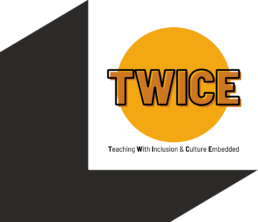
TWICE (Teaching with Inclusion and Culture Embedded)
Teaching With Inclusion & Culture Embedded (TWICE®) is a professional development workshop designed by Estelle Baroung Hughes and Estelle Bougna Fomeju, two Cameroonian educators and researchers. This online or in-person training focuses on culturally-inclusive teaching. It is particularly tailored for international schools.
- Our training uses community-building approaches;
- We support you in decolonizing the curriculum;
- Our offer is scalable from a 1-hour introduction to an 8-hour full course;
- We are fluent in French and English and offer monolingual or bilingual sessions.
- We also offer individual coaching to educators and school leaders on implementing impactful culturally inclusive strategies.
We nurture cultural literacy and self-reflection when assisting international schools in their Diversity, Equity, and Inclusion work. Hence our motto: think TWICE when it comes to culture and teaching.
In 2 years, we have trained over 300 educators based in Africa, Europe and Asia and who teach in primary, middle, or secondary international schools.
Africa Learning International
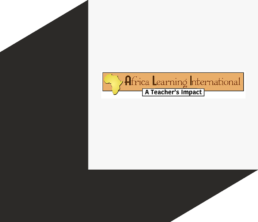
Africa Learning International
Africa Learning International (ALI) is an NGO dedicated to supporting quality education on the African continent. The fourth United Nations Sustainable Development Goal (SDG4) is, therefore, our focus. ALI is making a difference in Africa by:
- Providing culturally responsive teacher professional development
- Creating multicultural libraries for teachers
- Sharing educational resources between Afgrican teachers and teachers from the rest of the world
- Organising conferences and teachers collaborative exchanges for cross-inspiration
We co-created the TWICE course (Teaching With Inclusion of Culture Embedded) with the organisation Tissi Consulting Check: www.tissiconsulting.com/twice
Our HR Training
Our HR Training
Our HR Training
Our Training Offer
We support HR Directors, HR teams and HR administrators in shaping the DEI thread within a people management strategy for a school or trust.
We can deliver face to face and virtually, for HR conferences, trust training events and individual teams.
We will support you on your journey to develop confidence and competence in shaping inclusive policies and practices from attraction, to recruitment, through talent management to retention.
- Developing an understanding of key DEI concepts and language
- Reflecting on our own identities and lived experience
- Exploring our individual and collective power, privilege and blind spots
- Considering levels of belonging and psychological safety in the workplace
- Creating a DEI infrastructure to distribute the leadership
- Reviewing policies and practices for inclusion
- Disrupting how we recruit and retain staff
- Focusing on inclusion over diversity to build cultural intelligence
- BSME
- COBIS
- Optimus Education
- Herts for Learning
- OTSA
- Haringey Learning Partnership
- Djanogly Trust
- Summit Learning Trust
- King Edward’s Foundation
- ATT
- ILTT
The delivery was excellent, the content thorough and the presenter very knowledgeable about many areas.
Matthew Clarke, Headteacher
Hannah was so engaging and easy to listen to. Excellent content delivered in an excellent way. Would absolutely recommend this training. Our staff were fully engaged for the full session.
Molly Terry, HR and Compliance, St Mary’s School
DEI and You Consulting
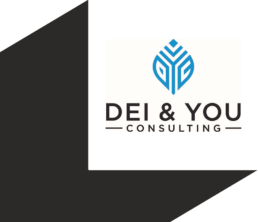
DEI & You Consulting
- Mission: At DEI & You Consulting our mission is to unlock individual potential by creating an efficient and inclusive organisational culture. By fostering diversity, equity, and inclusion, our incremental approach enables greater collaboration, innovation, and tangible business value.
- DEI & You Consulting was founded by Dolores Crazover in 2021 and, since then, has grown to become an international provider of Diversity, Equity, and Inclusion (DEI) services.
- We are a diverse team of experts dedicated to improving business value by integrating equity and inclusion into your organisational culture. Our team embodies our values of boldness, accountability, and collaboration, to make an inspirational difference every day.
- Values: Be bold: we embrace change and innovation. We encourage curious minds to test, learn, and iterate as they go to help our clients, our colleagues, and ourselves. Be accountable: Even when no one is looking, be accountable to make a real impact. Embrace collaboration: Leverage collective intelligence and create a collective intelligence and create a collaborative culture for people to thrive in and be more effective and innovative. Make a difference every day: We push ourselves to be our best, focus on solutions, and come every day inspired to make an impact through our talents, passion, and hard work.
- Services: Workshops, training and facilitation, consultancy services, DEI leadership coaching, DEI & You discussions, advisory calls, keynote speakers
Inclusive Recruitment Toolkit
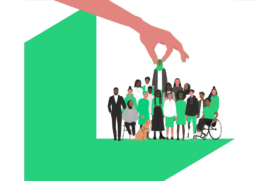
Inclusive Recruitment Toolkit
Inclusive Recruitment Toolkit
Toolkit collated by Hannah Wilson
What Is Inclusive Recruitment?
- Inclusive recruitment is the process of connecting with, interviewing, and hiring a diverse set of individuals through understanding and valuing different backgrounds and opinions. Inclusive recruiting should be intersectional and consider more than just gender or race.
- Inclusive recruitment is designed to eliminate as much bias as possible when hiring for your open positions. With a greater understanding of unconscious bias, your hiring team can create a more inclusive process and attract diverse talent.
- An inclusive recruiting environment considers how different experiences, opinions, and values can work together to achieve a common goal.
What Are Inclusive Recruitment Practices?
- Write inclusive job descriptions
- Widen your search to include diverse groups and pools of talent
- Inclusively design the application process
- Make shortlisting fair
- Allow for reasonable adjustments at interview
- Prepare for an inclusive interview
- Inclusive interviews: set the right tone, ask the right questions
The Diverse Educators’ Inclusive Recruitment Toolkit
- How can we diversify our talent pool?
- How can we make our recruitment process more inclusive?
- How can we involve a diverse group of people in the hiring process?
- How can we educate our recruitment team?
- How can we make interviews more accessible?
- How can we be better allies in the hiring process?
- How can we challenge any unconscious bias in the recruitment process?
- How can we recruit, develop and retain diverse candidates?
- How can we build a more inclusive workplace?
- How can we make our schools great places to work?
Articles
Blogs
Books
Honeybourne, Victoria. The Neurodiverse Workplace: An Employer’s Guide to Managing and Working with Neurodivergent Employees, Clients and Customers
Malone, Tony. Equality, Diversity & Inclusion: The Practical Guide: The Essential Handbook for Terminology and Communicating Inclusion with Dignity
Podcasts
Resources
Videos
Psychological Safety Toolkit
Psychological Safety Toolkit
Psychological Safety Toolkit
Toolkit collated by Jo Caulfield
What Is Psychological Safety?
A psychologically safe environment is one which allows people to take interpersonal risks without fear of negative consequences, such as social exclusion or judgement. For example, if a child feels psychologically safe in class with their peers and teachers, then they are more likely to ask for help, to share their ideas, ask questions, or admit they don’t understand something. They are more likely to try, knowing it’s okay to fail. They will still be accepted, even if they make mistakes. This has obvious benefits for individual learning, and the rest of the class who have the potential to learn from others’ questions and ideas.
Given this, we can consider how psychological safety might be affected when environments are not inclusive. Psychological safety relates to feeling supported and accepted by your peers. If you are rejected based upon personal characteristics (e.g. sexual orientation, disability, gender identity) it means a rejection not (just) of your ideas, but for being who you are.
These experiences – whether direct or indirect – could lead to someone feeling unsafe with others in their school. They may feel unsafe to share their authentic self. When a person feels it necessary to hide who they are to avoid negative experiences, it can have a serious impact. For example, it has been suggested that prejudice and/or social exclusion could be a factor in the increased rates of mental illness reported by LGBTQ+ people, when compared to the heterosexual population.
We can see, therefore, why creating an educational environment which celebrates diversity, including different ideas, backgrounds, cultures, identities, and perspectives can be vital in promoting psychological safety. Research suggests that the behaviour of a leader can be important in encouraging psychological safety within a group. This could mean celebrating everyone’s contributions, but also acknowledging your own mistakes and how they help you learn.
The Diverse Educators’ Psychological Safety Toolkit
- Where in my life do I feel safe to share my ideas or my authentic self? What can I learn from this?
- Does my classroom or school welcome everyone’s contribution?
- How can I encourage others to share their ideas and feel able to make mistakes without being judged?
- How might psychological safety be experienced differently by marginalised groups in my school?
- How can I make my school a place where diversity is celebrated and everyone can feel safe?
Articles
Blogs
Books
Podcasts
Resources
Videos
Our Team
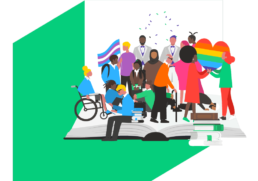
Our Team
Our Team
Delivery Team

Hannah Wilson
Founder, Director, Lead Trainer and Lead Coach
Hannah Wilson is our Director, she is the Co-Founder and she works full time as an independent leadership development consultant, coach and trainer with a specialism in DEI. She grows our community, organises our events and designs/ delivers our training offer. She is a former Executive Headteacher, PGCE Leader and Teaching School Leader.
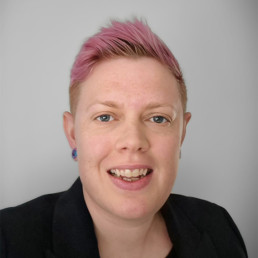
Amy Sayer
Lead Associate Trainer
Amy Sayer is one of our lead associate trainers. She is an associate, consultant, mental health trainer and content writer. She is a diversity advisor for the Chartered College of Teaching. She is the author of the book ‘Supporting staff mental health in your school’.
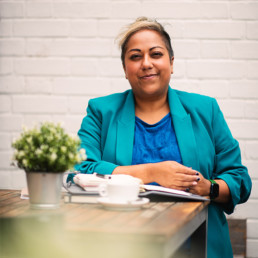
Bennie Kara
Co-Founder, Associate Trainer and Coach
Bennie Kara is our Co-Founder. She inspired the inaugural event and after 20 years in schools as a teacher and leader, she now works full time as a speaker, trainer and consultant on the curriculum. She is the author of ‘A Little Guide for Teachers: Diversity in Schools’ and the Co-Editor of ‘Diverse Educators: A Manifesto’.
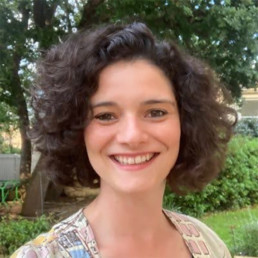
Emma Sheppard
Associate Trainer and Coach
Emma Sheppard is an associate trainer. She is the founder of The Maternity Teacher Paternity Teacher Project. She is the editor of the MTPT book: A Guide to Teaching, Parenting and Creating Family Friendly Schools: The MaternityTeacher PaternityTeacher Project Handbook.
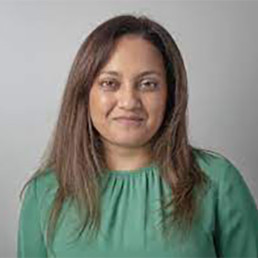
Shammi Rahman
Associate Trainer
Shammi Rahman is an associate trainer. Previously an education consultant for Milton Keynes Council, Shammi is currently a Race Equality Adviser. Shammi is also a member of the Advisory Board for the Children’s Commissioner for England and recently joined the expert advisory group for RE at Oak National Academy.
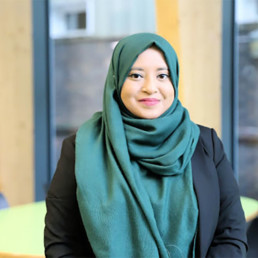
Yamina Bibi
Associate Trainer and Coach
Yamina Bibi is an associate trainer. She is currently a Project Specialist working with the CCT and Chiltern Learning Trust. She was formerly Acting Deputy Headteacher of an inner-London secondary school. She is a regional leader for #WomenEd. She is the author of ‘A Little Guide for Teachers: Thriving in Your First Years of Teaching’.
Meet our associates who have recorded a welcome message for our video gallery.
Our fantastic team of #DiverseEd Associates have written, edited and contributed to a number of brilliant educational books to help you and your team in making your school, college or trust more inclusive.
Operational Team
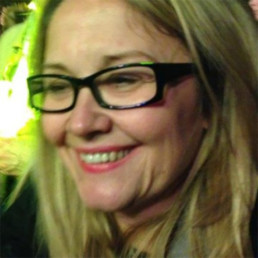
Blue Hall
Brand Designer
Blue Hall is our brand designer, she has worked with us since we formalised into a company and she designed our branding, our logo and all of our media assets.
About Us

About Us
About Us
#DiverseEd has moved from being a grassroots network to Diverse Educators Ltd. We have evolved into a training company due to the demands of our community.
We are committed to moving the agenda forwards regarding Diversity, Equity and Inclusion in our school system. We work with state schools, independent schools and international schools to support them with their DEI strategy and their DEI training needs.
We believe that we are stronger, and that we can go further together, in collaboration. Thus we collaborate with a number of national and international organisations.
You can find out more about the founders, the journey we have been on, the call to action at our events, along with the campaigns we are supporting on the following pages:
Black British Studies
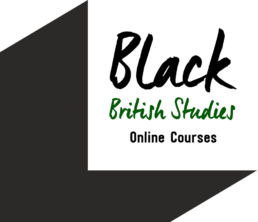
Black British Studies
Black British Studies aims to challenge Eurocentric perspectives that permeate our historical knowledge and current perceptions by supporting schools, organisations, and individuals in their own anti racist journey. Set up in 2020 by Leila a Humanities Teacher and History specialist of 14 years, we follow a belief that providing a more equitable and inclusive workplace and education, starts with understanding our history, the development of stereotypes and the complexity of British Identity today.
We provide flexible online courses for organisations and individuals as well as bespoke webinars and workshops in Black British History and antiracism. In addition, we offer education consultancy and teacher training to secondary schools in diversifying their curriculum and improving inclusive practices for students and staff, as well as providing workshops to students ranging from history to environmental racial justice.
If you would like to learn more, please contact us to discuss your needs and go to our online platforms to see blogs, podcasts, and other articles of interest.



